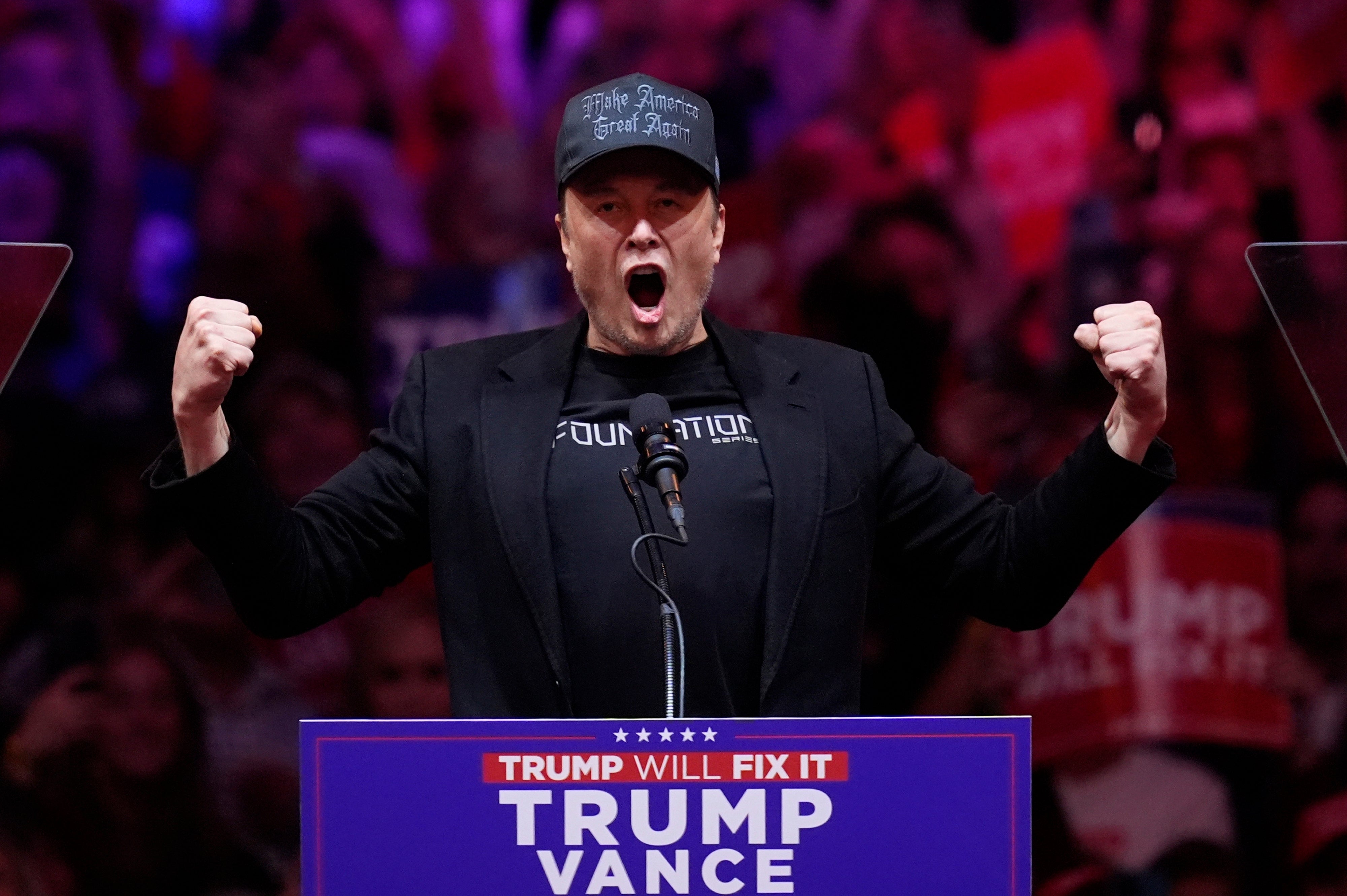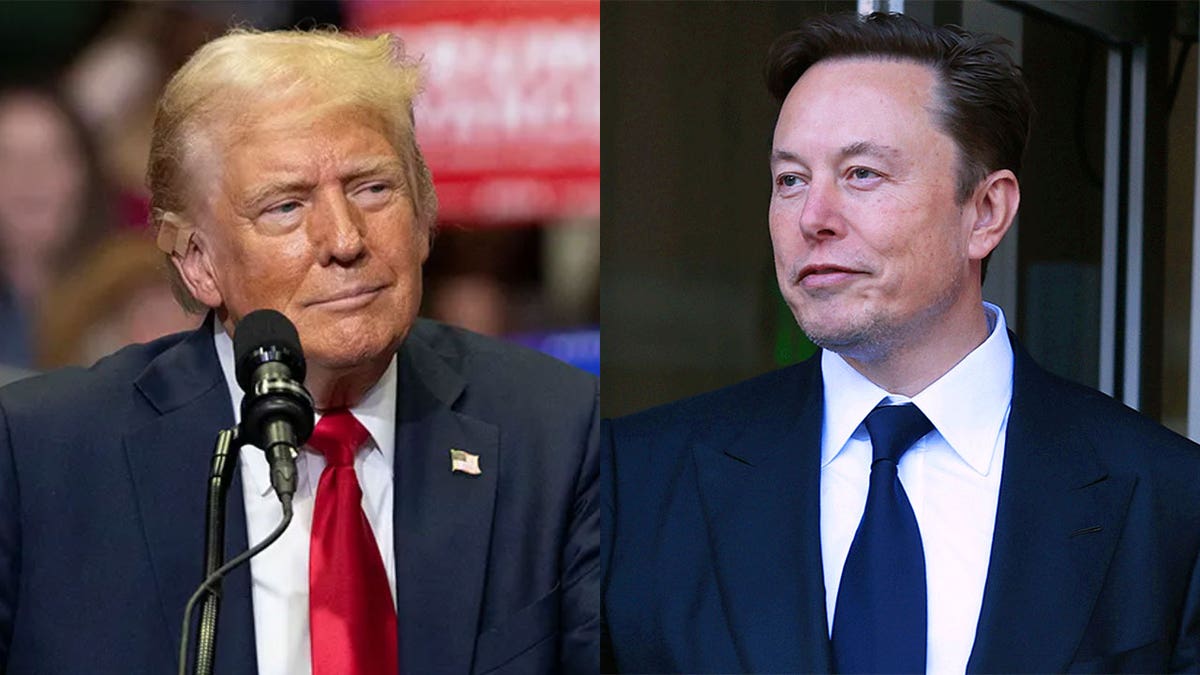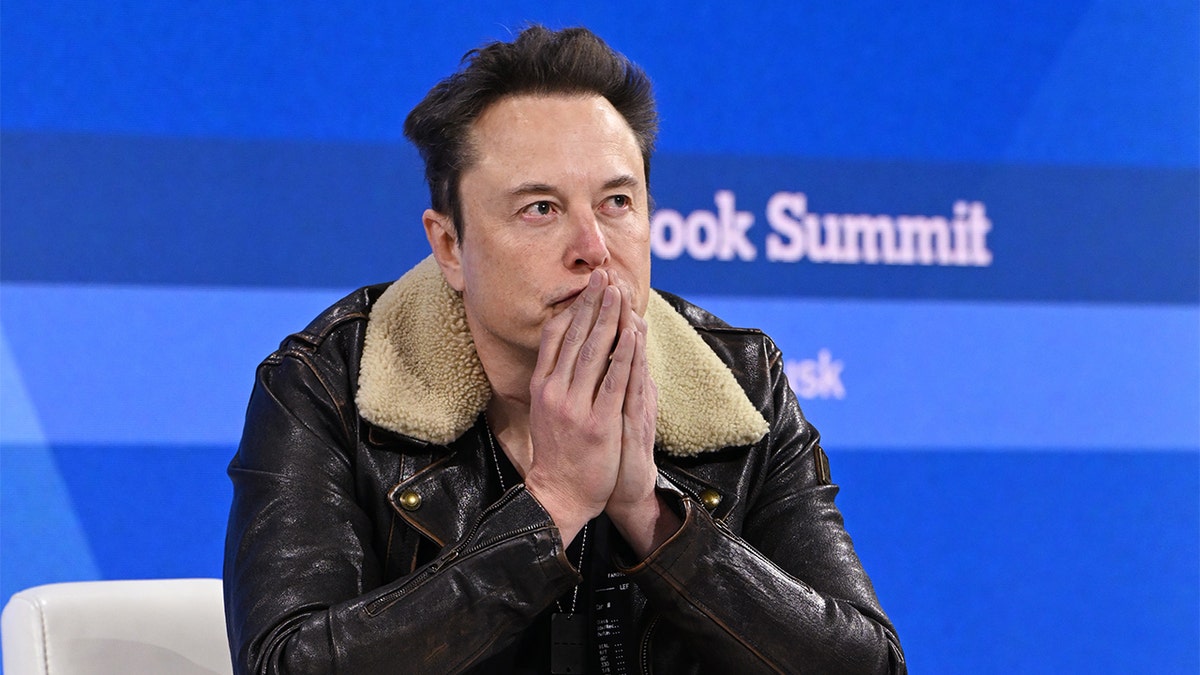Elon Musk & 2024 Election: Did Starlink Rig The Vote?
Did the 2024 US Presidential Election, a contest already steeped in partisan rancor, become the battleground for a technological coup, orchestrated by none other than Elon Musk through his Starlink network? The assertion that Starlink manipulated votes to swing the election in favor of Donald Trump is a dangerous and unfounded conspiracy theory, directly refuted by election officials and devoid of any supporting evidence.
The echoes of the 2020 election, with its relentless claims of voter fraud, seem to have resurfaced, albeit with a new technological twist. This time, the focus centers on Elon Musk, the billionaire entrepreneur behind SpaceX and, crucially, the Starlink satellite internet service. The conspiracy theory, which gained traction on social media platforms like Threads and X (formerly Twitter), alleges that Musk leveraged Starlink to manipulate the 2024 election results, ensuring a victory for Donald Trump. This narrative, fueled by misinformation and partisan biases, has been swiftly debunked by those closest to the process.
| Category | Details |
|---|---|
| Full Name | Elon Reeve Musk |
| Date of Birth | June 28, 1971 |
| Place of Birth | Pretoria, South Africa |
| Nationality | South African, Canadian, American |
| Education | University of Pennsylvania (B.A. in Economics, B.A. in Physics); Stanford University (enrolled in graduate program in Physics, but dropped out) |
| Known For | CEO of Tesla, CEO of SpaceX, Owner of X (formerly Twitter), Co-founder of PayPal |
| Net Worth (as of late 2024) | Estimated $219 Billion (fluctuates) |
| Political Affiliation | Publicly independent, with a history of donating to both Republican and Democratic causes. Has expressed views on various political and social issues, often through his social media platform, X. |
| Key Business Ventures | Tesla, SpaceX, X (formerly Twitter), Neuralink, The Boring Company |
| Notable Achievements | Revolutionizing the electric vehicle industry, pioneering reusable rocket technology, advancing space exploration, and transforming social media. |
| Controversies | Numerous, including issues of free speech on X, labor practices at Tesla, and comments about political and social issues. |
| Reference Website | SpaceX Official Website |
The claims began circulating on November 10, 2024, just days after the election, echoing the familiar playbook of disinformation campaigns. Social media posts, often lacking any credible sourcing, quickly spread the narrative that Starlink had been used to "hack" the election and manipulate the outcome in Trump's favor. This assertion, as with previous claims of election interference, immediately raised alarm bells among election officials, cybersecurity experts, and anyone with a basic understanding of how elections are conducted in the United States.
- What Happened To Joseph Galvin A Comprehensive Investigation
- How To Clean Chicken A Complete Guide For Safe And Effective Preparation
Election officials, including those from critical swing states, were quick to respond. They unequivocally stated that their voting equipment does not utilize Starlink technology. In fact, the equipment is not even connected to the internet, rendering the possibility of a Starlink-mediated hack virtually impossible. The Associated Press, and other reputable news organizations, reported these rebuttals extensively, yet the conspiracy theory continued to gain traction, fueled by partisan actors and the algorithms of social media platforms.
The conspiracy's rapid spread highlights the fragility of public trust in the electoral process and the power of misinformation. The individuals pushing the claims appeared to overlook the fundamental security measures in place to safeguard the integrity of US elections. To suggest that a single satellite network could unilaterally alter the results of a presidential election is a vast oversimplification of the complex and multi-layered system that exists.
Furthermore, the conspiracy theory relies heavily on conjecture and innuendo. It points to Musk's public support for Donald Trump, including a handshake backstage at a campaign rally in Butler, Pennsylvania, on October 5, 2024, as evidence of nefarious intent. However, a handshake, while potentially raising eyebrows, is hardly proof of an elaborate plot to rig an election. Many other influential figures have publicly supported both presidential candidates over the years.
The narrative also attempts to capitalize on existing grievances and anxieties, such as claims of missing votes. These claims echo narratives prevalent in the 2020 election cycle. The rapid propagation of these false claims, which have been thoroughly debunked, showcases the power of the internet in amplifying misinformation. The social media posts that appeared on the internet contained phrases such as, "Millions of votes werent counted!" and "This election was rigged by Trump, Leon, and Russia!"
The theory has found some support within fringe groups and on platforms where unsubstantiated claims often thrive. These groups, reminiscent of those that sought to overturn the results of the 2020 election, have been actively online, attempting to sow doubt about the legitimacy of the 2024 vote. The involvement of figures like Musk, who has publicly embraced a more conservative stance, has further fueled these efforts.
The claim that Musk and Trump "stole" the election is not supported by facts. All available evidence points to the 2024 election being extremely secure and following the protocols that are standard for US Presidential elections. This election conspiracy theory is not new. In 2020, many claimed that Democrats rigged the election with mail-in voting when Joe Biden won the election.
This scenario highlights the challenges of combating disinformation. Claims of election fraud, amplified by social media platforms, can erode public confidence in the democratic process. In a world where the spread of information is instantaneous and often unchecked, it is more critical than ever to rely on credible sources, verify claims, and recognize the motivations of those promoting conspiracy theories. The speed at which false information spreads can also be alarming. Many people may not have the time to fact-check or seek out credible news sources.
There is no evidence whatsoever that Starlink was used to steal the election or commit voter fraud. However, the conspiracy continues to circulate online despite the facts. The truth is that the 2024 election was secure, and any suggestion to the contrary is a distraction from the important task of protecting democracy and ensuring fair and accurate elections. The claim that Musk used his platform X to help Trump win the election, is not supported by any credible evidence. The reality is more complicated.
The proliferation of conspiracy theories regarding the 2024 election presents several problems. Firstly, it undermines public trust in the democratic process. Secondly, it can lead to violence. Thirdly, it can lead to further polarization, especially when people are already split along political lines. The rapid spread of false claims about election fraud has experts worried, and they are trying to come up with solutions.
Ultimately, the claim that Elon Musk used Starlink to rig the 2024 US presidential election is a baseless conspiracy theory. It is critical to critically evaluate information, rely on reputable sources, and understand that those who spread misinformation may have their own agendas. The integrity of the electoral process depends on an informed and engaged citizenry. Instead of focusing on sensationalized and unsupported claims, citizens should concentrate on participating in democracy and supporting the systems that ensure fair elections.



Detail Author:
- Name : Mara Olson
- Username : briana.langosh
- Email : alowe@hotmail.com
- Birthdate : 2004-07-07
- Address : 3234 Lang Row Suite 452 North Angelitashire, DC 42883
- Phone : 1-878-694-7312
- Company : Strosin, Zemlak and Volkman
- Job : Short Order Cook
- Bio : Nihil saepe id ipsa itaque dolores esse aliquid. Soluta laboriosam quaerat voluptatem earum recusandae. Exercitationem veritatis repellat velit ut perferendis. Culpa et rem dolor cum rerum neque.
Socials
tiktok:
- url : https://tiktok.com/@anabellemclaughlin
- username : anabellemclaughlin
- bio : Enim dignissimos consequatur sed sint vero.
- followers : 1321
- following : 1782
linkedin:
- url : https://linkedin.com/in/amclaughlin
- username : amclaughlin
- bio : Sit unde tempora ad molestiae voluptatibus.
- followers : 6142
- following : 986
facebook:
- url : https://facebook.com/anabellemclaughlin
- username : anabellemclaughlin
- bio : Excepturi necessitatibus sint molestiae non. Natus et dolores provident et in.
- followers : 3774
- following : 1270
instagram:
- url : https://instagram.com/anabelle_mclaughlin
- username : anabelle_mclaughlin
- bio : Soluta quasi fugit ullam suscipit. Voluptatem aut ab tempora velit.
- followers : 2089
- following : 714
twitter:
- url : https://twitter.com/anabellemclaughlin
- username : anabellemclaughlin
- bio : Cum deserunt est asperiores vitae. Velit dignissimos facilis ipsum. Occaecati minus in placeat et. Et illo et sint.
- followers : 3592
- following : 1824